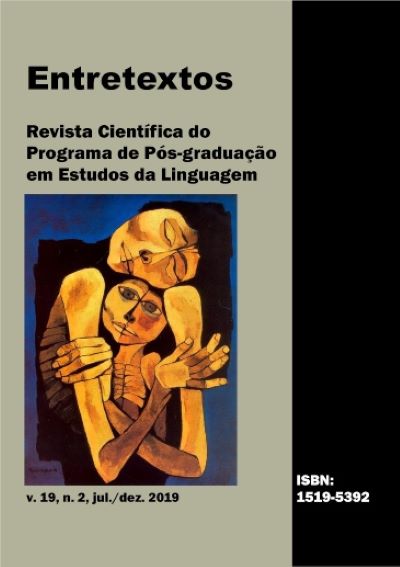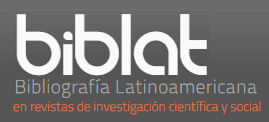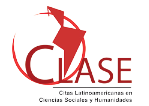Argumentation in Donald Trump’s political discourse about immigration
DOI:
https://doi.org/10.5433/1519-5392.2019v19n2p90Keywords:
Political discourse, Argumentation, Intentionality, IdeologyAbstract
On August 31st, 2016, in campaign to the United States presidency, the candidate Donald Trump delivered a speech about illegal immigration in Phoenix, Arizona. The speech, which lasted for about 1h13min, is considered the speech that gave Trump the victory on that election process. In this study, we analysed parts of this speech in light of the Theory of Argumentation appointing the resources and factors inherent to this based on authors like Koch (2011), Koch and Travaglia (1999), Oliveira (2002, 2004), among others who have been researching argumentation throughout the years. We focus our analysis on three argumentative aspects: intentionality, lexical selection and the ideologies embedded in the political discourse. We selected this corpus based on the representativeness of the political discourse as a genuinely argumentative genre. The excerpts selected highlight Trump’s main ideas on the matter and the way he views the problem. The results show how effective the argumentative strategies used by politicians can be in convincing voters.
Downloads
References
KOCH, Ingedore Grunfeld Villaça. Argumentação e linguagem. 13. ed. São Paulo: Cortez, 2011.
KOCH, Ingedore Grunfeld Villaça; TRAVAGLIA, Luiz Carlos. Texto e coerência. 6. ed. São Paulo: Cortez, 1999.
OLIVEIRA, Esther Gomes. A argumentação na antiguidade. Signum: Estudos da Linguagem, Londrina, v. 5, n. 1, p. 201-214, dez. 2002.
OLIVEIRA, Esther Gomes. Argumentação: da idade média ao século XX. Signum: Estudos da Linguagem, Londrina, v. 7, n. 2, p. 109-131, dez. 2004.
TRANSCRIPT of Donald Trump’s immigration speech. The New York Times, New York, NY, 1 Sep. 2016. Politics. Disponível em: https://www.nytimes.com/2016/09/02/us/politics/transcript-trump-immigration-speech.html. Acesso em: 11 jun. 2019.
Downloads
Published
How to Cite
Issue
Section
License
Entretextos adota a Licença Creative Commons Attribution 4.0 International, portanto, os direitos autorais relativos aos artigos publicados são do/s autor/es.
Sob essa licença é possível: Compartilhar - copiar e redistribuir o material em qualquer suporte ou formato. Adaptar - remixar, transformar, e criar a partir do material, atribuindo o devido crédito e prover um link para a licença e indicar se mudanças foram feitas.






















